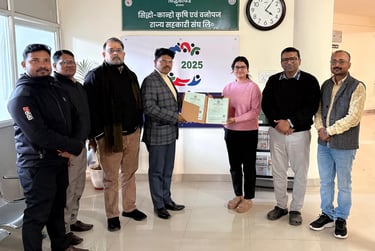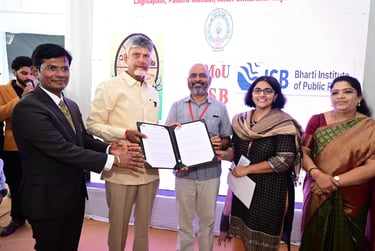Multi-Stakeholder Partnership
Sustainable forest governance requires coordinated action across multiple institutions and scales to achieve what IoFE’s framework calls institutional congruence—the alignment of different actors' comparative advantages towards shared objectives while maintaining community agency as the central organising principle. This approach recognises that no single actor possesses all the capabilities required to address the complex, interconnected challenges faced by forest-dependent communities.
Government partnerships focus on creating enabling policy environments and delivering public goods that attract private investment in forest-based enterprises. Public agencies transition from direct management roles to facilitation and technical assistance, recognising forest-dependent communities as primary forest stewards while retaining regulatory oversight and monitoring responsibilities.
Civil society partnerships provide advocacy, technical expertise, and capacity-building support that strengthen community institutions and amplify community voices in policymaking. These collaborations help ensure that forest governance reforms are grounded in rights-based approaches and community-defined priorities while also expanding access to networks and resources that individual communities cannot obtain independently.
Private sector partnerships establish formal market linkages that generate stable income streams while meeting industry requirements for sustainable, traceable raw materials. These partnerships involve mutual exchange of information and knowledge rather than purely transactional relationships, strengthening sustainable supply chains and fostering trust between community enterprises and industry buyers.
Academic partnerships bring research, documentation, and evaluation capabilities that help refine approaches based on empirical evidence and expand scholarly understanding of effective forest governance models. These collaborations ensure that practical implementation experiences inform theoretical frameworks by maintaining a focus on community-driven solutions over externally imposed interventions.


BIPP–ISB and SIDHKOFED Join Hands to Unlock Jharkhand’s Forest Wealth


BIPP–ISB and Terviva Partner to Strengthen Karanj-Based Forest Value Chains through Women-Owned Enterprises








